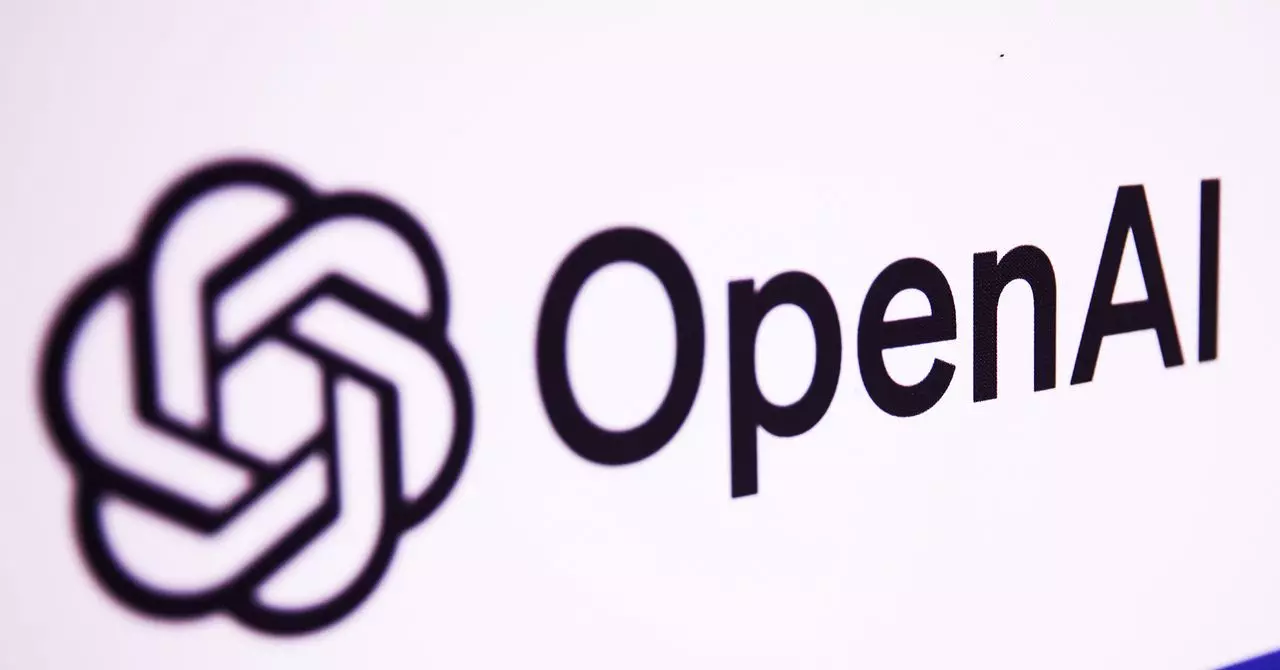The race for artificial intelligence supremacy has escalated beyond just technological breakthroughs—it’s now a fierce contest for the brightest minds shaping that future. OpenAI, long considered a pioneering beacon in AI research, finds itself under siege as rival tech giants aggressively recruit its top talent. A recent internal memo from Mark Chen, OpenAI’s chief research officer, reveals a rare glimpse into the intensity and raw emotion behind this struggle. Chen’s message wasn’t just a typical corporate pep talk; it carried a palpable sense of urgency and even betrayal, underscoring how much losing researchers to Meta—and by extension, the promise of immense resources—is shaking OpenAI’s core.
A Raw Sense of Loss and Determination
Chen’s metaphor of a “home being broken into and something stolen” conveys more than just strategic anxiety—it reflects how deeply intertwined this talent pool is with OpenAI’s identity and momentum. This isn’t a routine HR challenge; it’s a battle over the very essence of who leads the next wave of innovation in AI. The memo exposes how distressed leadership feels about losing top researchers not just because of the skills lost but because of the symbolic victory it grants Meta. This emotional honesty from an executive usually kept shielded from public view hints at the unprecedented difficulty of retaining talent in today’s hyper-competitive landscape.
Escalating Offers and Creative Retention Strategies
Meta CEO Mark Zuckerberg’s approach to recruiting stands out as particularly aggressive, with signing bonuses reportedly as high as $100 million—a figure few companies can or would even consider matching. Such astronomical offers place enormous pressure on OpenAI to rethink its compensation and incentive structures substantially. Chen’s assurances that leadership is “recalibrating comp” and exploring “creative ways” to retain staff highlight the immediate need for flexibility and innovation not just in technology but in talent management practices.
However, Chen’s stance also reflects a cautious principle: even in the face of desperate talent shortages, fairness remains a non-negotiable standard. This delicate balance between fighting fiercely for employees and avoiding inequalities that could breed internal resentment is an admirable but challenging leadership posture. Chen’s vow not to prioritize retention “at the price of fairness” signals his commitment to a sustainable, trustworthy company culture—one that might ultimately prove more vital than short-term victories in hiring wars.
A Broader Context: The Silicon Valley Talent Marketplace
The competition isn’t limited to OpenAI and Meta—Google and other emerging AI startups like Anthropic are part of this dynamic ecosystem of recruitment, headhunting, and counter-offers. Meta’s strategy emphasizes compensation-heavy offers targeted at specific talent segments, a reflection that while the overall number of spots may remain limited (“they haven’t necessarily expanded the band”), the willingness to break financial boundaries for top-tier talent is sky-high. This mirrors a troubling industry trend where monetary incentives overshadow other significant motivational factors—career vision, ethical alignment, work culture—that traditionally attracted AI researchers.
The memo also criticizes aggressive recruitment tactics, warning employees against succumbing to “ridiculous exploding offers” and undue pressure. This highlights ethical questions looming over such competition: When does persistent headhunting become harassment? How can companies ensure recruitment tactics respect the candidate’s autonomy and long-term interest? These are questions AI leadership teams appear to be grappling with silently.
Implications Beyond the Talent Battle
What this internal struggle hints at is larger than just who lands the next AI superstar. The fragmentation of AI research expertise across competing corporations risks splintering collective progress and fostering an environment where breakthroughs are hoarded rather than shared. OpenAI has always positioned itself as a steward of ethical AI advancement. If it cannot hold its own team together, it may lose control over the direction of AI that balances innovation with safety, transparency, and social responsibility.
In sum, the escalating talent war underlines a critical challenge for organizations aspiring to be leaders in transformative technologies: success no longer depends solely on research output but equally on the ability to inspire, fairly compensate, and ethically steward the people behind the innovations. OpenAI’s candid internal call to arms, though urgent and fraught, represents a vital recognition that people are the company’s most precious asset in a high-stakes, ever-more-competitive world.

